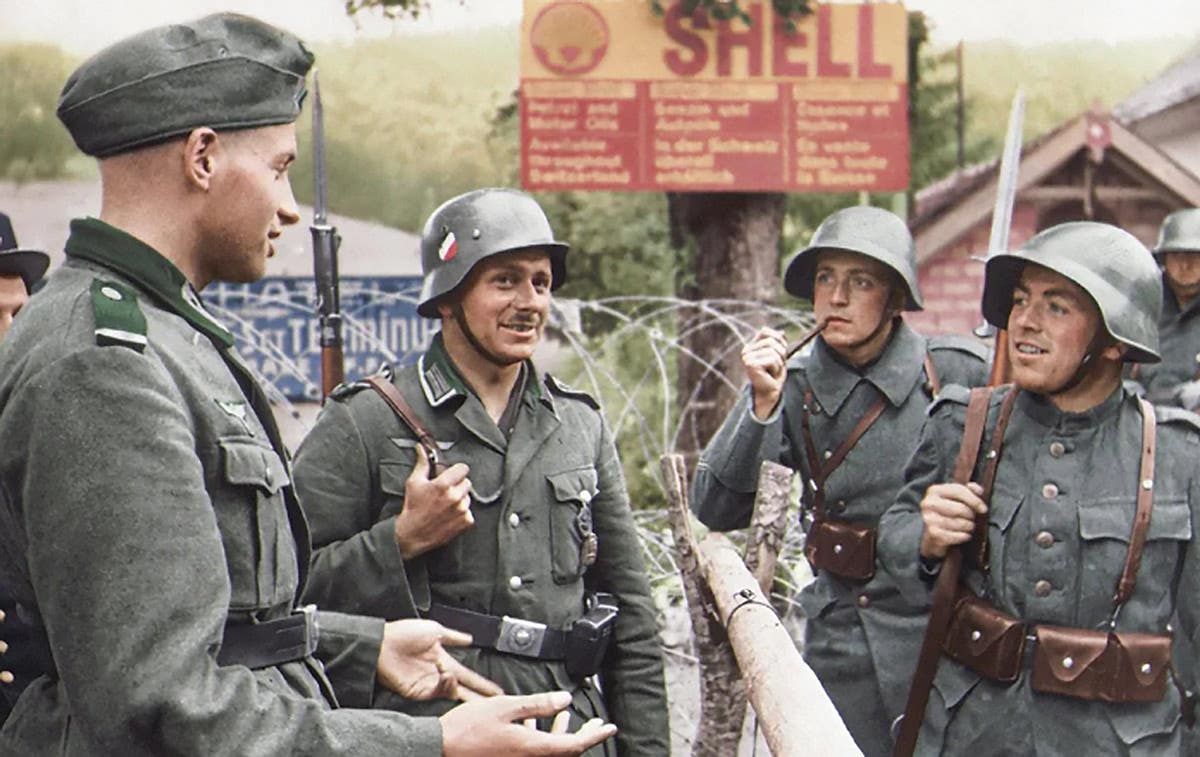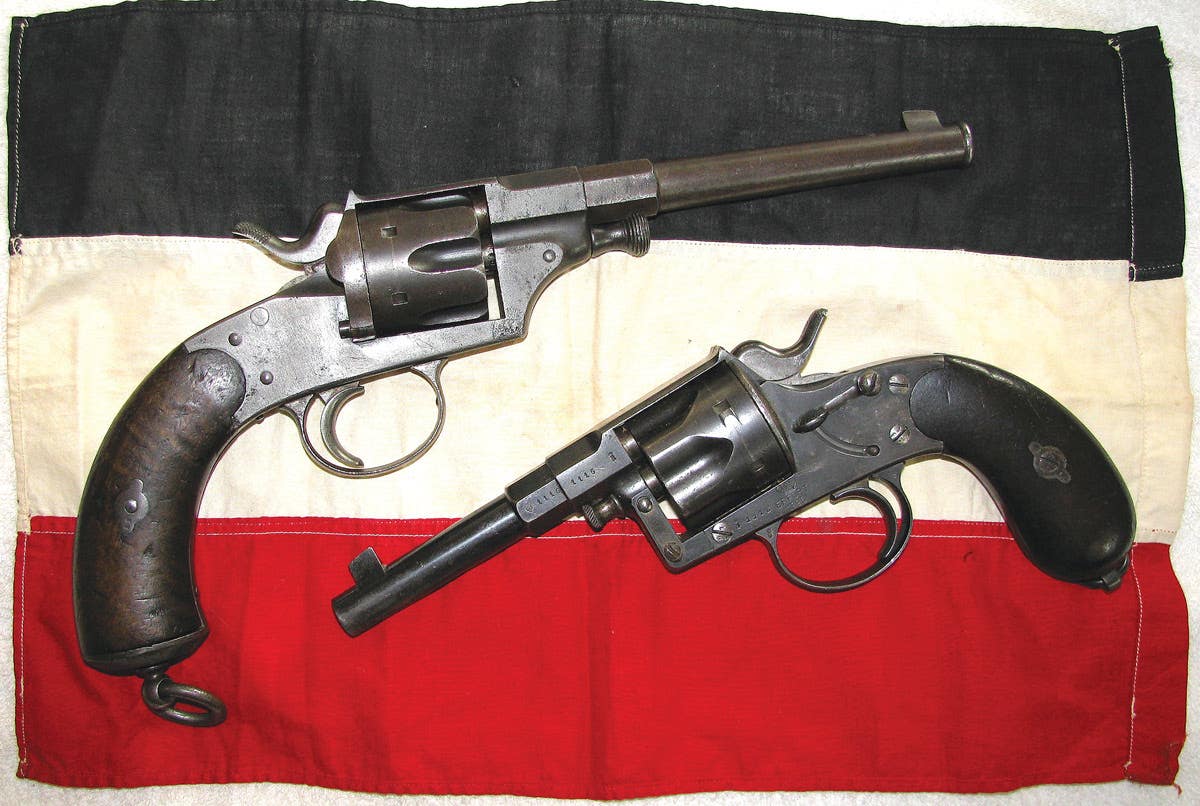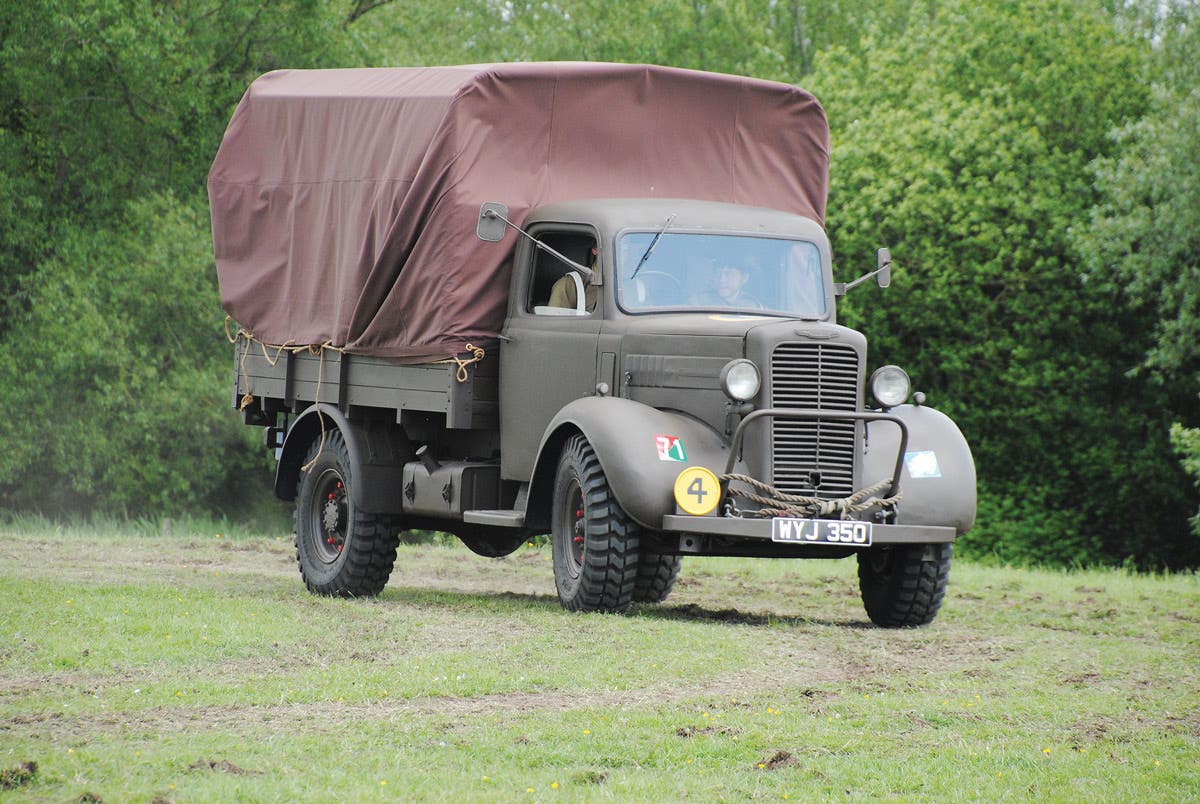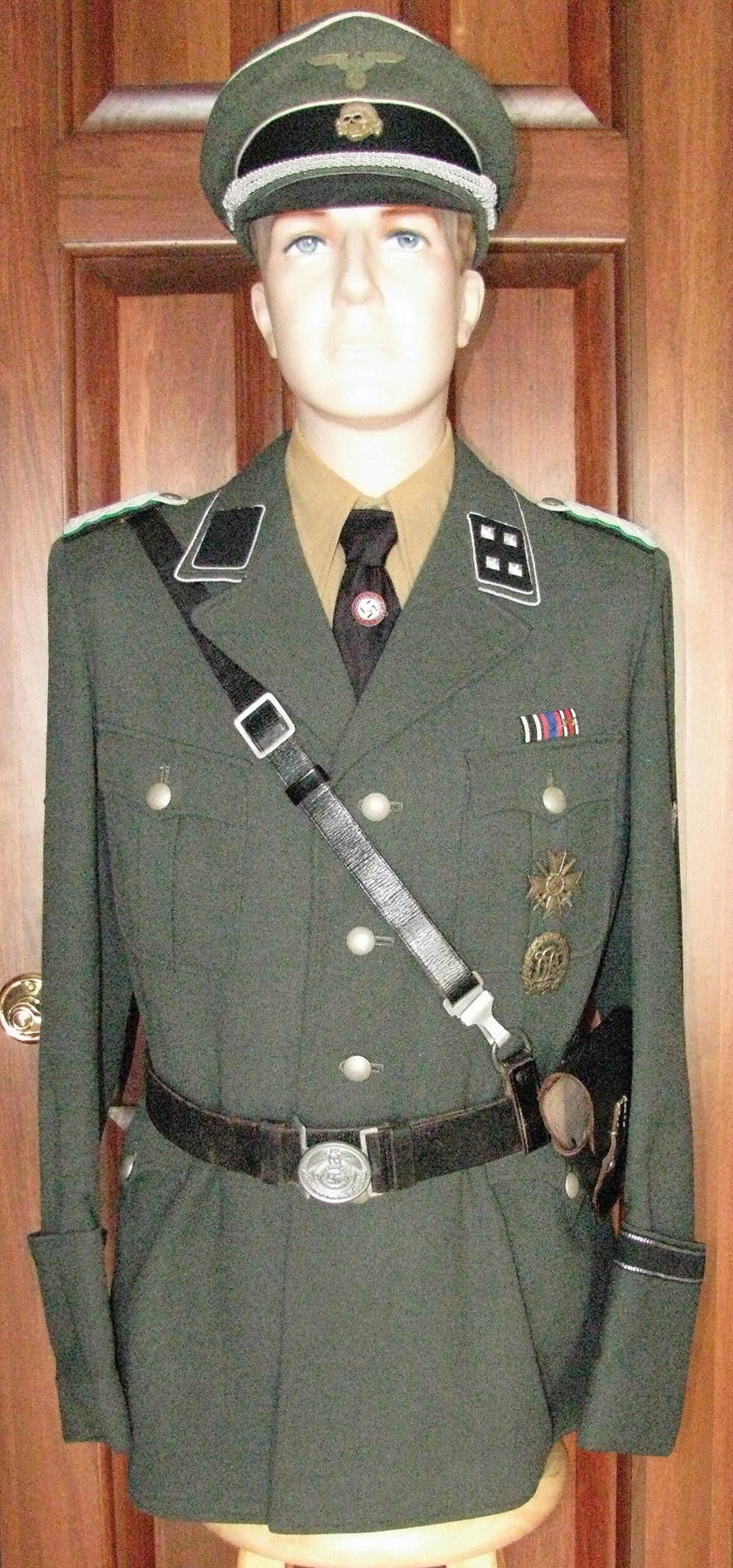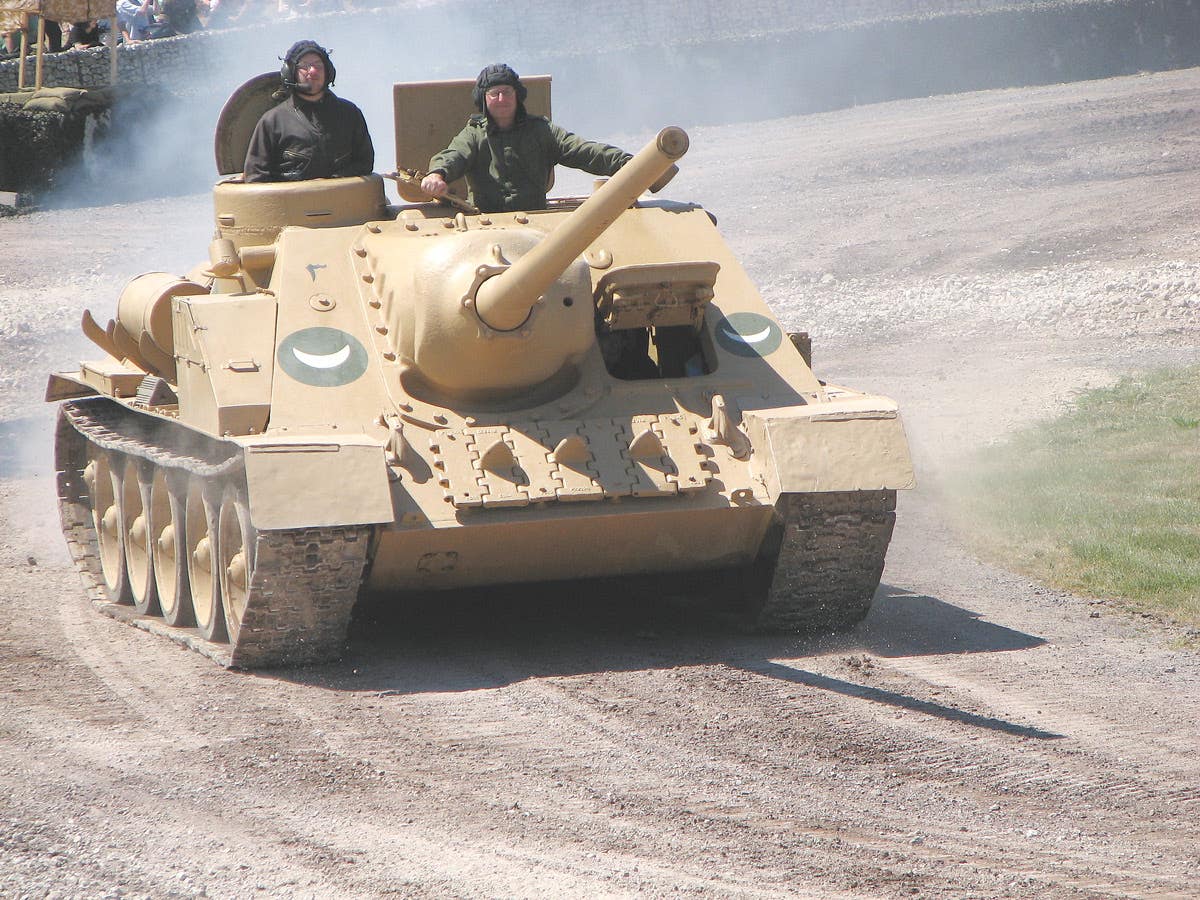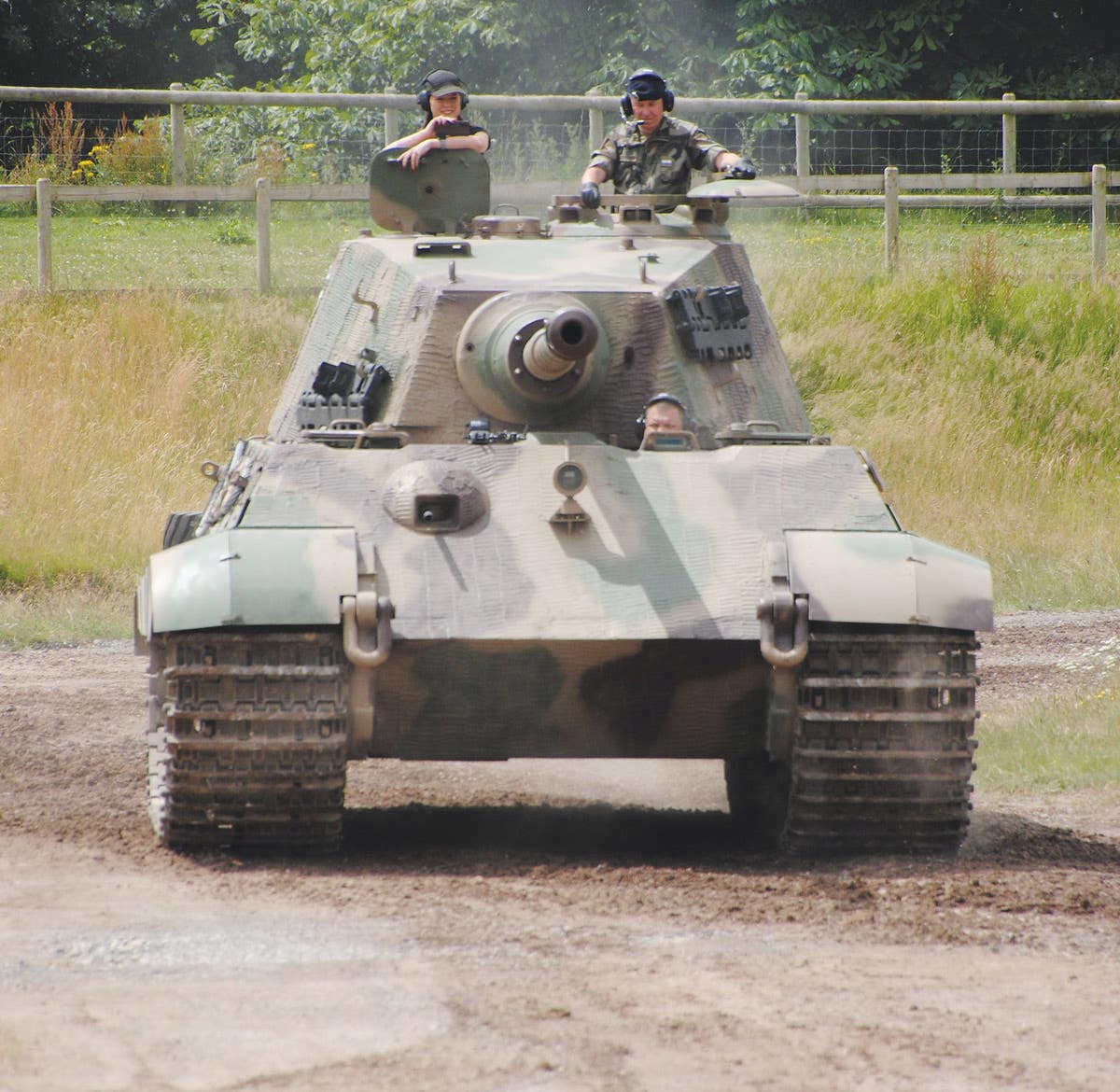WWII Vet’s Remains Return Home Had Been MIA For 74 Years
On January 25, 1944, the crew of B-24J #42-73308 took off from from Kunming Airfield in China on a routine flight to Chabua Airfield in India. Assigned to the 308th…
On January 25, 1944, the crew of B-24J #42-73308 took off from from Kunming Airfield in China on a routine flight to Chabua Airfield in India. Assigned to the 308th Bombardment Group, 425th Bombardment Squadron, the plane was aptly name “Hot As Hell” — the crew had flown her on 14 combat missions during which they shot down four enemy fighters. But on this particular flight, “Hot as Hell” would not return. It, and the eight crew members aboard, disappeared without any trace. That is until 2006, when a hiker spotted a wing and panel sign inscribed with the bomber's name. Clayton Kuhles of miarecoveries.org investigated and confirmed the location of the wreckage in Damrah, Arunchal Pradesh State, India.
It would be another nine years before the U.S. Defense Department investigated the crash site where it found the remains of 1st Lt. Robert Eugene Oxford. Officials say a DNA analysis of Oxford's remains matched his niece and nephew.
Last week, Oxford’s remains returned to the United States and were laid to rest with full military honors in his hometown of Concord, Georgia. Photos of his seven fellow crewmen — none of whom was ever found — were placed inside Oxford’s coffin for burial.



